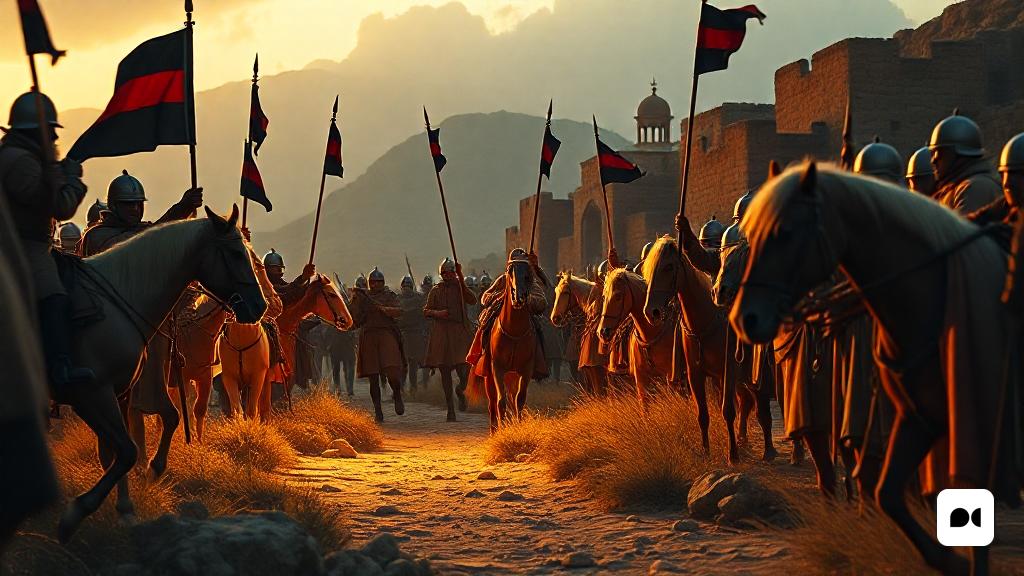A forgotten chapter of Catalan history
On August 15, 1304, a group of Catalan warriors, known as Almogavers, found themselves in an extreme situation in Kibistra, in the heart of Anatolia. Ramon Muntaner, in his famous chronicle, tells us how these brave fighters, with a total of 6,700 troops, faced a Turkish army that far outnumbered them, with 20,000 foot soldiers and 10,000 horsemen.
The dilemma of the battle
As the battle was being prepared, the Almogavers wondered if it was wise to fight such an overwhelming force. With the supply lines far away and no time for an adequate strategy, its leader, Roger de Flor, chose to face the challenge. His decision not only sought a military victory, but also aimed to establish the Almogavers as the main military power in the region.
An amazing win
With unwavering courage, Roger de Flor ordered the attack. The chronicle describes the ferocity of the battle, noting that the Almogavers inflicted significant damage on the Turks, with more than 6,000 horse and 12,000 foot casualties. These figures, although they may seem exaggerated, reflect the magnitude of the victory that marked a before and after in the history of the region.
Controversial legacy of the Almogavers
The Catalan Orient Company has left a controversial mark on the collective memory of the Balkans. The actions of these warriors have given rise to a wide range of interpretations, with memories varying between bravery and brutality. The words of Joaquim Nadal, who asked for forgiveness for the actions of the Catalans in the region, reflect the complexity of his legacy.
The echo of history in popular culture
Even today, the expressions that refer to the Catalans in the Balkans illustrate how the Almogavers have influenced popular culture. Terms such as ‘Catalan’ have acquired negative connotations in languages such as Bulgarian and Albanian, showing the lasting impact of their actions in the region.
Reflections on the past and forgiveness
Seven centuries after the events of 1304, the Catalans have returned to Anatolia with a different purpose. The restoration of an ancient monument on Mount Athos, destroyed by Roger de Flor’s troops, symbolizes an attempt at reconciliation with a tumultuous past. This initiative reminds us that history is a complex path, where the scars of the past can open the door to a future of understanding and respect.

